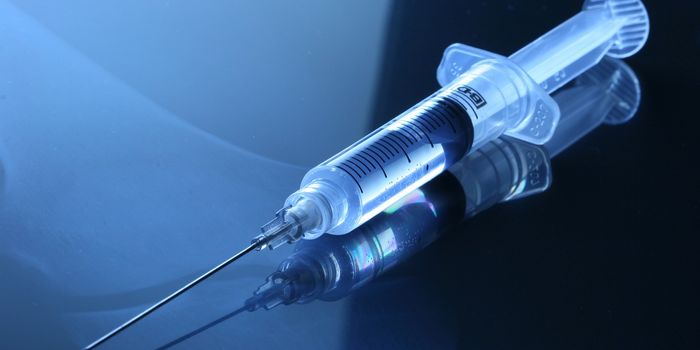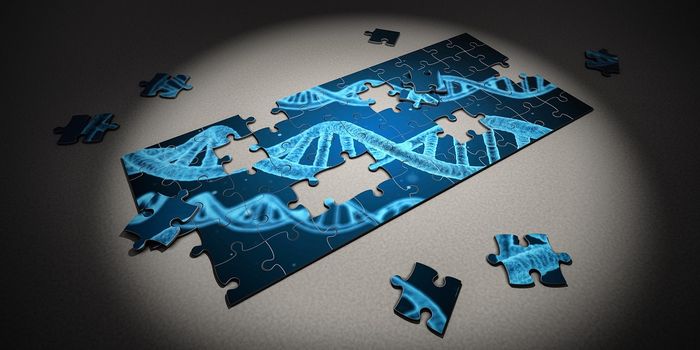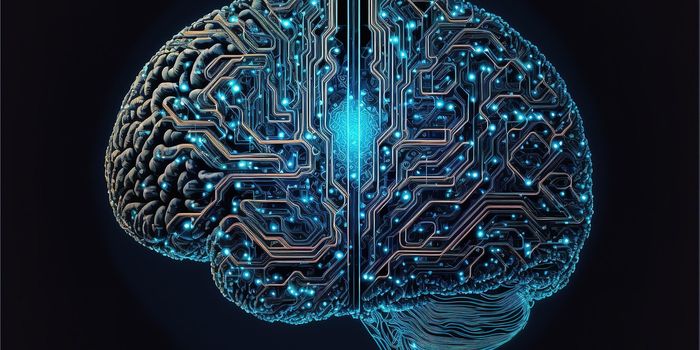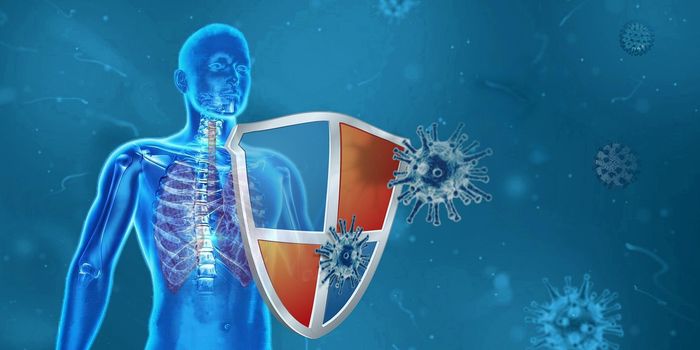AI Not Ready To Predict Acute Kidney Injury
Image source: Siemens Healthineers
An international group of scientists from the U.S. and U.K. published new research in Nature about the effectiveness of AI in predicting Acute Kidney Injury (AKI).
AKI is a blockage of waste that is a deadly complication for hospital patients. Using AI, the researchers aimed to able to detect early signs of the condition before traditional methods. Giving hospitals a way to detect symptoms earlier could save lives and prevent permanent damage.
The group gathered data from 703,782 patients, all between the ages of 18 and 90, who had suffered some form of AKI. First, the data was fed to algorithm, which learned the earliest signs of an impeding AKI. Then the researchers reran the algorithm as a prediction method to see how early and accurately it could predict the kidney condition.
Results show that the technology still needs some work, with prediction accuracy only reaching 90% in the most severe cases. In less severe the prediction accuracy slipped to 55.8%, and the algorithm resulted in two falsely predictions for every correctly predicted occurrence.
The technology has the potential to save hospitals time, and therefore save lives. AI was able to predict severe cases 48 hours in advance of traditional tests, giving hospital staff critical time to prevent or minimize injury.
AKI usually occurs in hospitals, following other major health procedures. Injury is caused by a blockage of waste which leaves the kidneys unable to balance fluid in the body, and ultimately damages other organs. AKI progresses within hours or days, and emergency action must be taken to avoid permanent damage or death.
Sources: Nature, National Kidney Foundation, MedicalExpress









